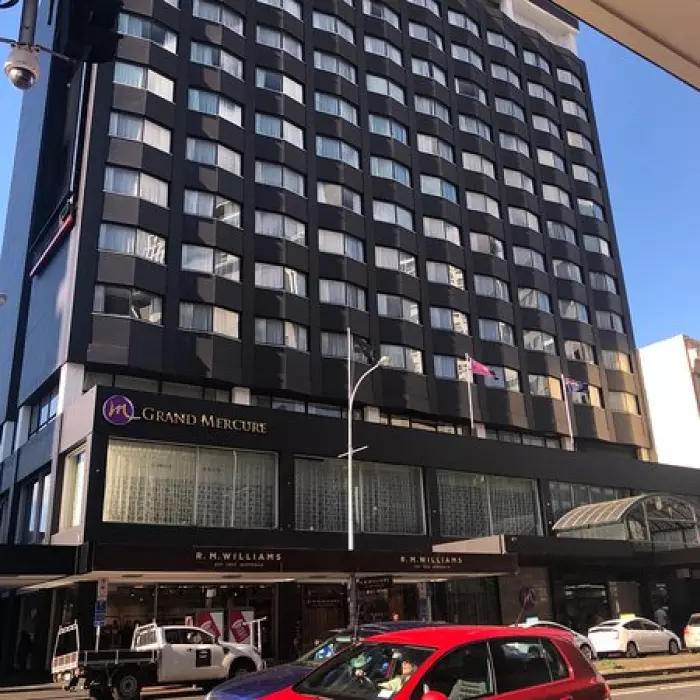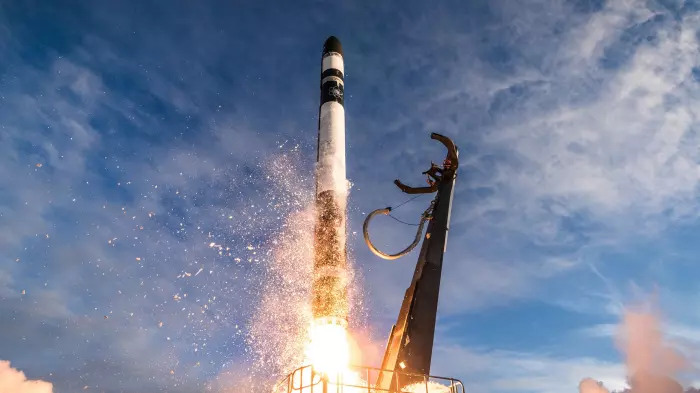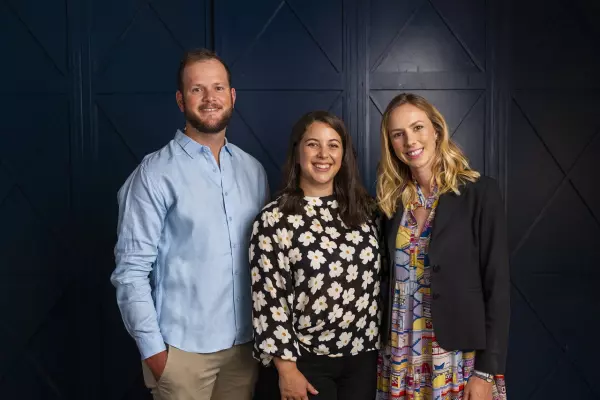Mandatory isolation and quarantine for returning nationals proved a bonanza for hotels, with those granted entry accounting for almost 40 percent of Auckland's accommodation bookings in June.
The government has also booked an estimated 31 percent of all Christchurch rooms, 20 percent of rooms in Rotorua and 3 percent in Wellington. A total of 6,000 rooms are being used for managed isolation across the country, according to the latest Colliers International hotel market snapshot.
National director of hotels Dean Humphries said the "surprisingly sound rebound" in the performance of many hotels meant NZ is one of the best performing hotel markets globally.
Revenue per available rooms - measured as total room revenue divided by the total number of rooms available - was down across the board for the year ended June. That was most marked in Wellington, where it dropped 27.3 percent to $105 while Christchurch was down 24.4 percent at $93. Auckland fell 18.2 percent to $134 and Queenstown sank 19.8 percent to $163.
The number of guest stays was also propped up by special visa entry permits and exemptions for international guests, such as the Avatar II production crew and America's Cup yachting syndicates, and other sporting, music and cultural events.
Humphries said the bounce was largely influenced by the 14-day mandatory isolation period in approved facilities, which was "providing robust demand for a growing number of hotels across the country.
He expects demand to continue on the back of increasing numbers of returning Kiwis for the rest of the year and "possibly well into 2021," with the short-term recovery largely domestic-led because of the postponed trans-Tasman bubble with Australia.
Domestic leisure activity also stimulated demand during the weekend and holiday periods. Monthly occupancy in Queenstown, Wellington and Rotorua increased to between 20 percent and 35 percent by the end of June, with the July school holidays expected to lift occupancy to more than 50 percent by month's end.














